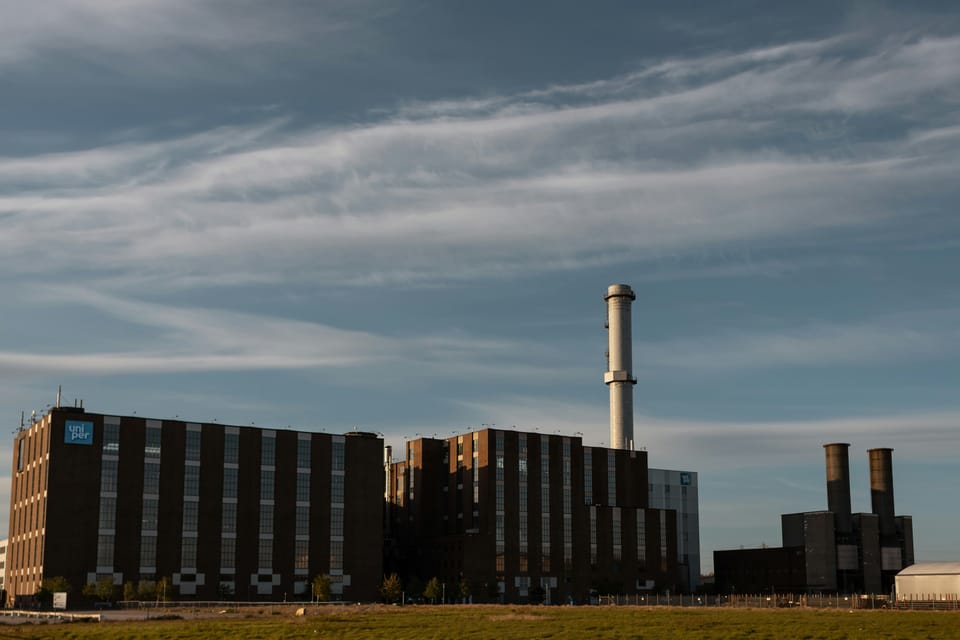EU approves 3bn euro carbon capture scheme

The European Commission on Tuesday approved a 3 billion euro scheme to support carbon capture and storage (CCS) in Sweden, which aims to help the country meet its goal of net zero emissions by 2045.
The funding scheme will support projects that permanently capture and store carbon emissions from biomass plants that use wood and other waste to produce fuel, electricity, and heat.
The aid will be awarded through a competitive bidding process, the first of which auctions are expected this year, the Commission said in a statement. Under 15-year-long contracts, companies will receive grants for projects with the capacity to capture and store some 50,000 tonnes of biogenic carbon per year.
The program will run through 2028 and is expected to reduce Sweden’s greenhouse gas emissions by 85% by 2045 compared to 1990 levels.
Members of the Commission hope that the scheme will enable CCS as a viable tool to mitigate climate change. It is expected to increase investor confidence in carbon capture technology, facilitating the development of a carbon capture value chain in the bloc.
“This is an exciting project intended not simply to curb emissions but to reduce concentration of CO2 already in the atmosphere,” said Chris Davies, Director of CCS Europe, in a post on LinkedIn. “It’s a powerful demonstration of the essential role that carbon capture technology can play in curbing climate change and helping Europe achieve its net-zero ambition.”
The Commission earlier this year called for a 90% reduction of greenhouse gasses by 2040 and identified CCS as a key element to that goal. However, policy and regulatory uncertainty has plagued Europe’s CCS initiatives, making it hard for them to get off the ground.
Project developers are waiting for governments to finalize regulatory frameworks that can help guide CCS operations. Meanwhile, a significant gap remains between carbon compliance market prices and CCS costs. Currently, CCS costs 130 to 150 euros per metric ton, with transport and storage accounting for up to 80% of this, according to S&P.
"The financing is still a challenging task for us," Margarethe Kleczar, Wintershall Dea Vice President Carbon Management and Hydrogen, told S&P. Many industry players say that subsidies would be needed initially to get the nascent sector up and running.
In April, Denmark, Norway, Belgium, the Netherlands, and Sweden established arrangements for the cross-border transport of carbon to facilitate projects. The Porthos CO2 transport and storage project in the Netherlands began construction in April, with fees fixed at 38 euros per metric ton for the 15-year contracts signed. The project is expected to store around 2.5 million metric tons per year of carbon from 2026, with a total capacity of around 37 million metric tons.
However, the company’s stakeholder and communications manager Mark Driessen said costs had more than tripled since the beginning of the project.
Other CCS developments are underway in Greece and the UK.







Member discussion